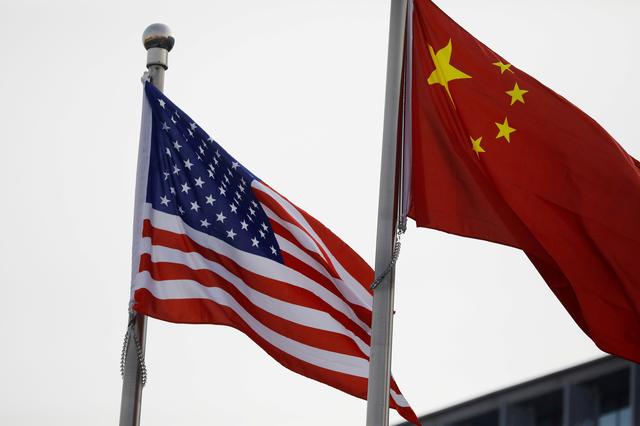Pandemic Recovery: Nations Collaborate for a Healthier and Stronger World
The COVID-19 pandemic, which began in late 2019, wreaked havoc across the globe, affecting virtually every aspect of human life. As nations grappled with the overwhelming challenges posed by the virus, a crucial aspect of the response emerged: international collaboration. In a world more interconnected than ever before, nations realized that defeating the pandemic required a united front. This collaborative spirit paved the way for a recovery effort aimed not only at healing the sick but also at creating a healthier and stronger global community.
The initial response to the pandemic was marked by chaos and uncertainty as countries struggled to contain the virus within their borders. However, as the severity of the situation became apparent, a wave of cooperation washed over the international community. Nations began sharing information, research, and resources to accelerate the development of vaccines and treatments. This unprecedented level of scientific collaboration resulted in the rapid development and distribution of vaccines, a testament to the power of global teamwork.
One of the most significant outcomes of international cooperation during the pandemic was the establishment of initiatives like COVAX. COVAX, a global initiative supported by numerous nations and organizations, aimed to ensure equitable access to vaccines for all countries, regardless of their economic status. This commitment to fairness and inclusivity underscored the importance of solidarity in the face of a global crisis and represented a major step towards a healthier world.
The pandemic also highlighted the need for greater resilience in healthcare systems worldwide. Nations came together to share best practices, learn from each other’s successes and failures, and invest in healthcare infrastructure. The goal was to not only overcome the current crisis but to also prepare for future health emergencies, making the world stronger and more resilient against similar threats.
Economic recovery was another area where international collaboration played a vital role. As economies faltered due to lockdowns and reduced economic activity, nations engaged in coordinated efforts to stabilize markets, provide financial support to individuals and businesses, and promote sustainable economic growth. These collective actions helped prevent a global economic collapse and laid the foundation for a more robust and interconnected global economy.
The pandemic also catalyzed discussions on global health security. Nations recognized that a stronger global health infrastructure was necessary to prevent future pandemics. This led to the establishment of international mechanisms and agreements for early detection, rapid response, and better coordination in handling health crises. These measures not only promised a healthier world but also a safer one.
The COVID-19 pandemic forced nations to collaborate in unprecedented ways. The shared goal of overcoming the crisis and building a healthier, stronger world drove international cooperation in areas ranging from vaccine development to economic recovery and global health security. While the pandemic brought tremendous suffering, it also demonstrated the power of unity in the face of adversity. As we emerge from this crisis, the lessons learned and the collaborative spirit cultivated during the pandemic will serve as a beacon of hope for a brighter future for all nations.















Post Comment